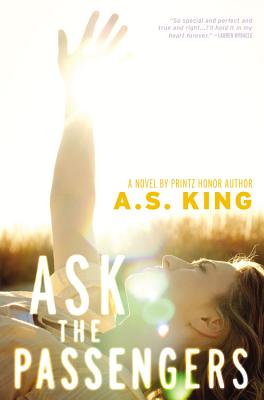Lots of links I’ve been saving:
- Thoughtful and encouraging advice for young writers.
- Books are in the mail for Baltimore’s youngest readers.
- The wonderful Lindsay Smith on how outlining help her double her word count last year.
- A feminist book list is my favorite.
- Marley and her #1000blackgirlbooks campaign warms my heart.
- How to support your favorite books and writers.
- Excellent roundup of books dealing with dating violence.
- Tales as old as time.
- The cultural significance of award-winning books featuring diversity.
- And speaking of diversity, the publishing landscape is pretty bleak.
- A new Beatrix Potter story + Quentin Blake art = British children’s list awesomeness.
- Great interview with the wonderful Anna-Marie McLemore.
- Love this look at the ampersand.
- The seven deadly signs of readings–seriously, don’t be a glutton.
- Books featuring trans characters by trans authors.
- Fascinating look at Anne Shirley and abortion activism on Prince Edward Island.
- Awesome map of the A Wrinkle in Time universe.
- A world of wizarding schools for us to attend.
- Moby Dick and the War Rig. Guys, I love Mad Max: Fury Road so much.
- In case you need help with your new year’s resolution to get more organized.
- This YA publishing road map is made of awesome.

